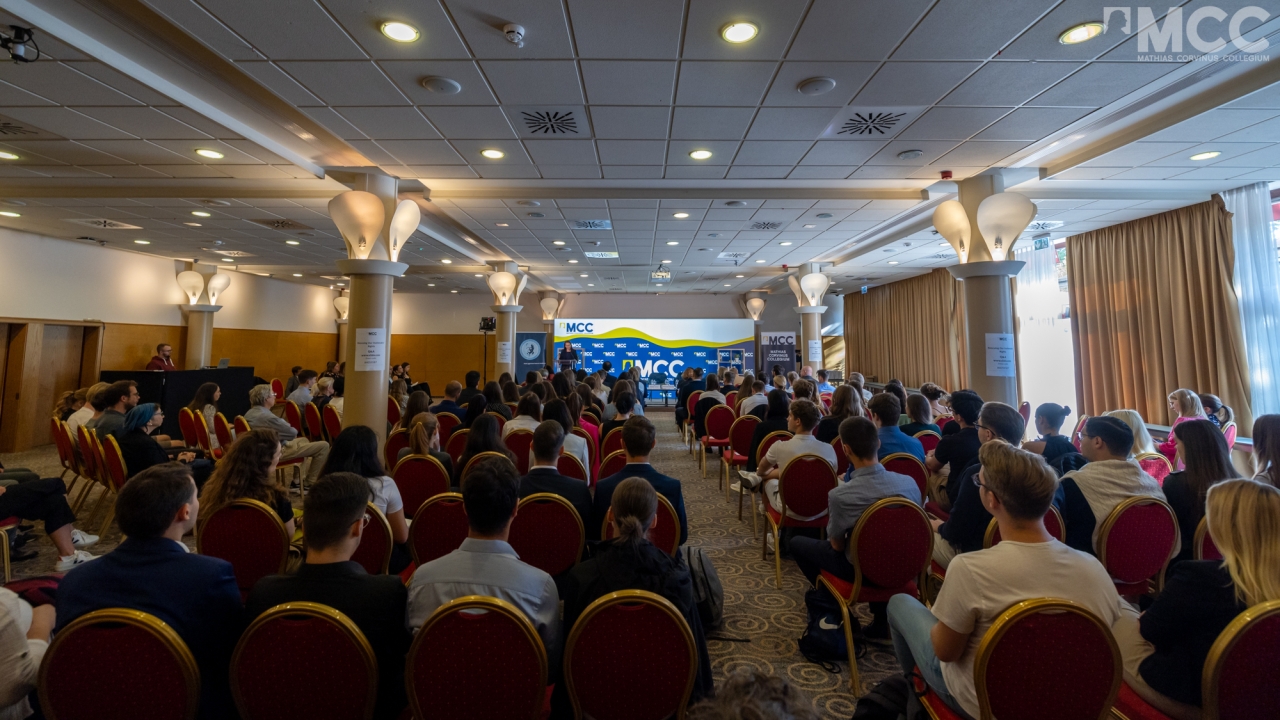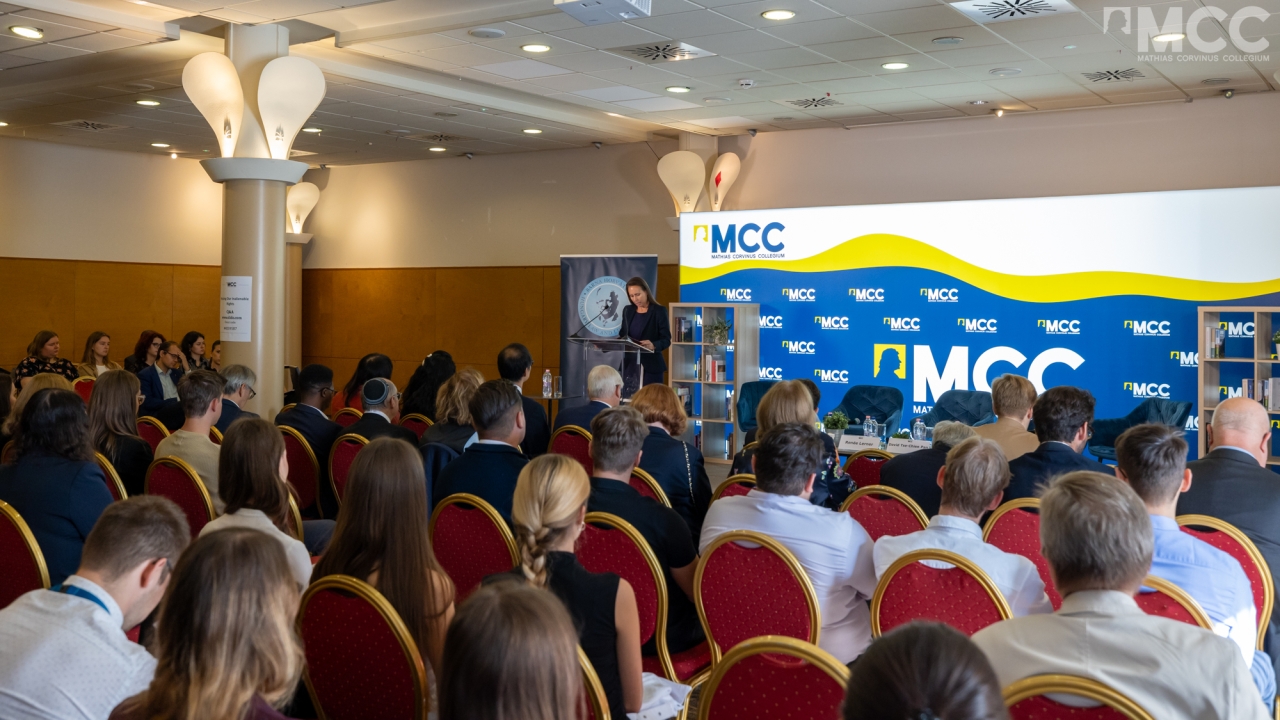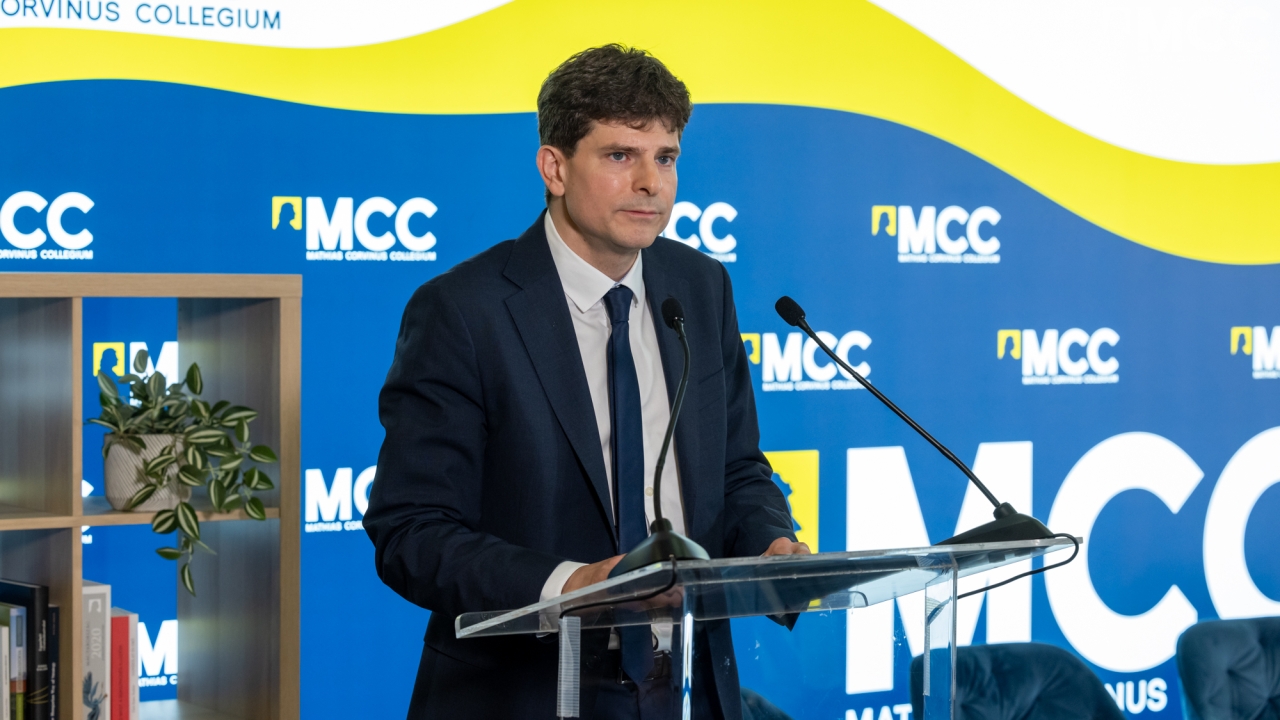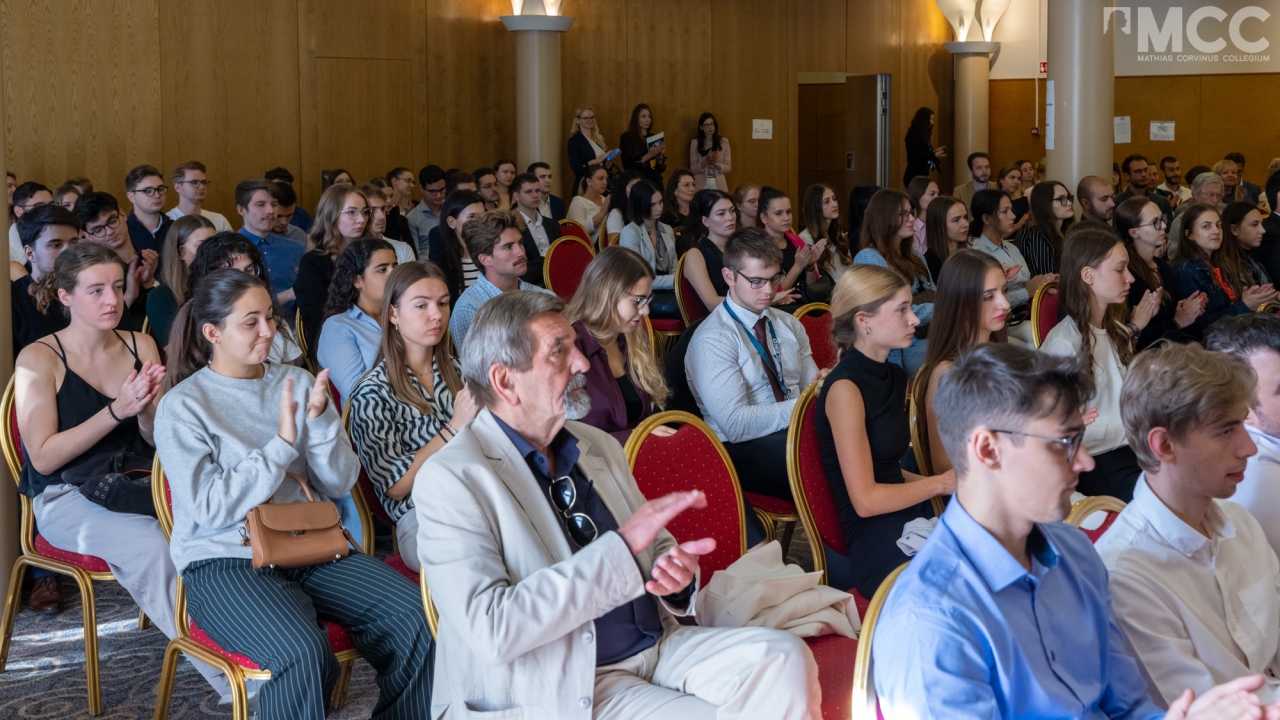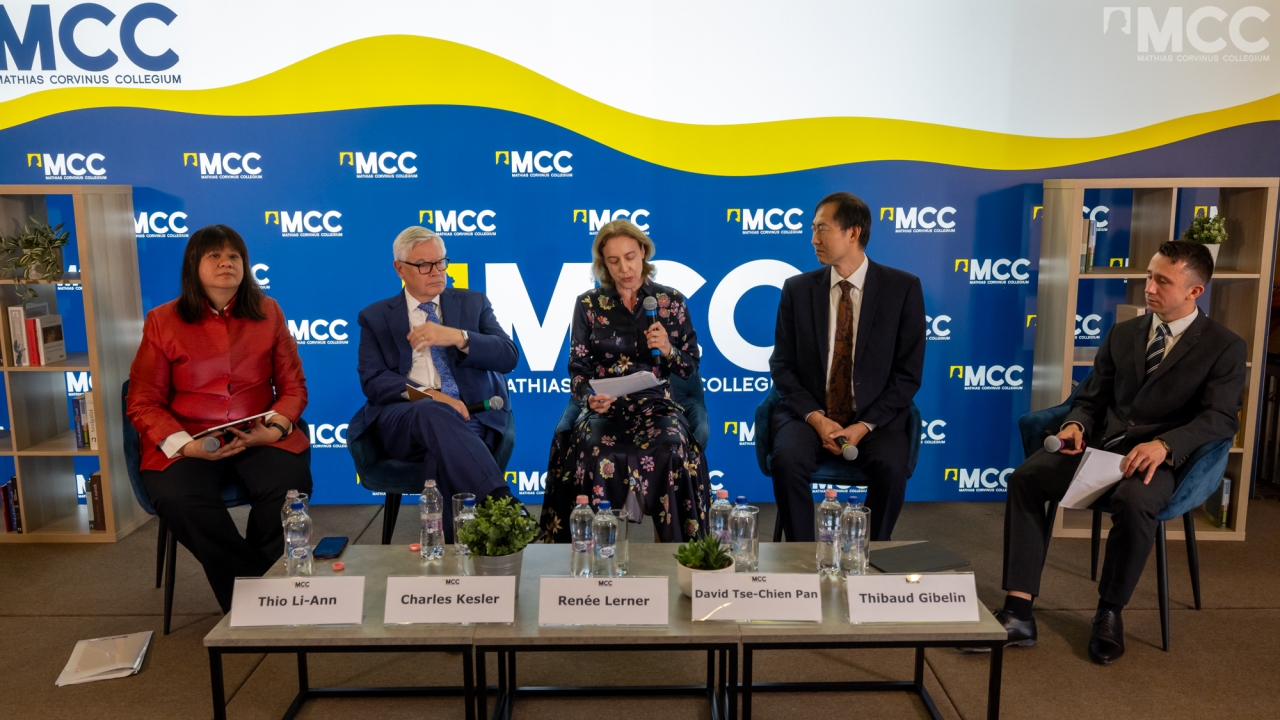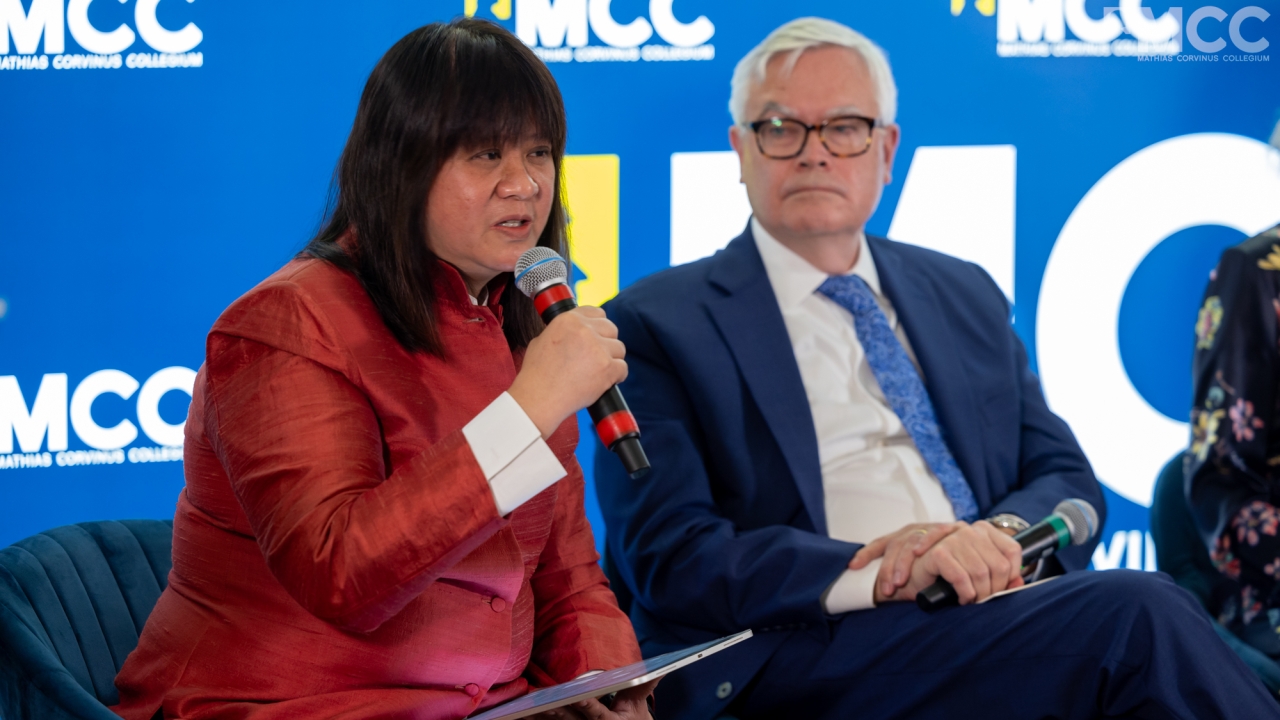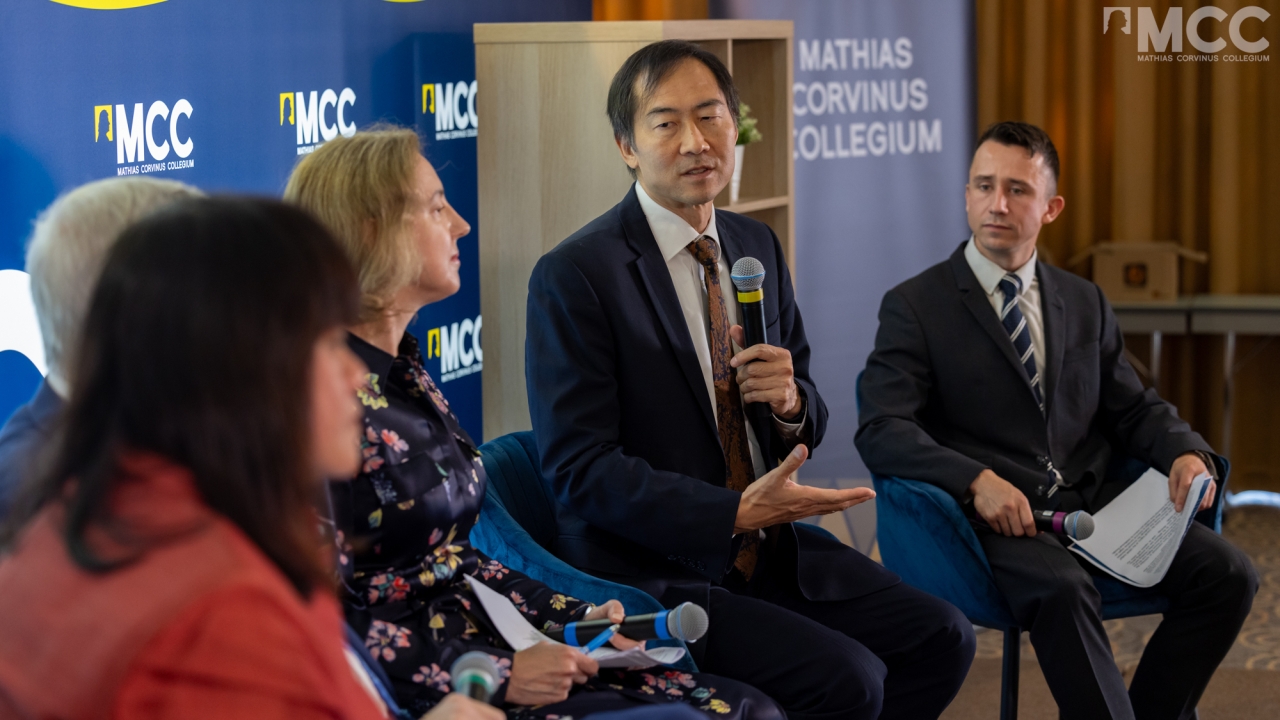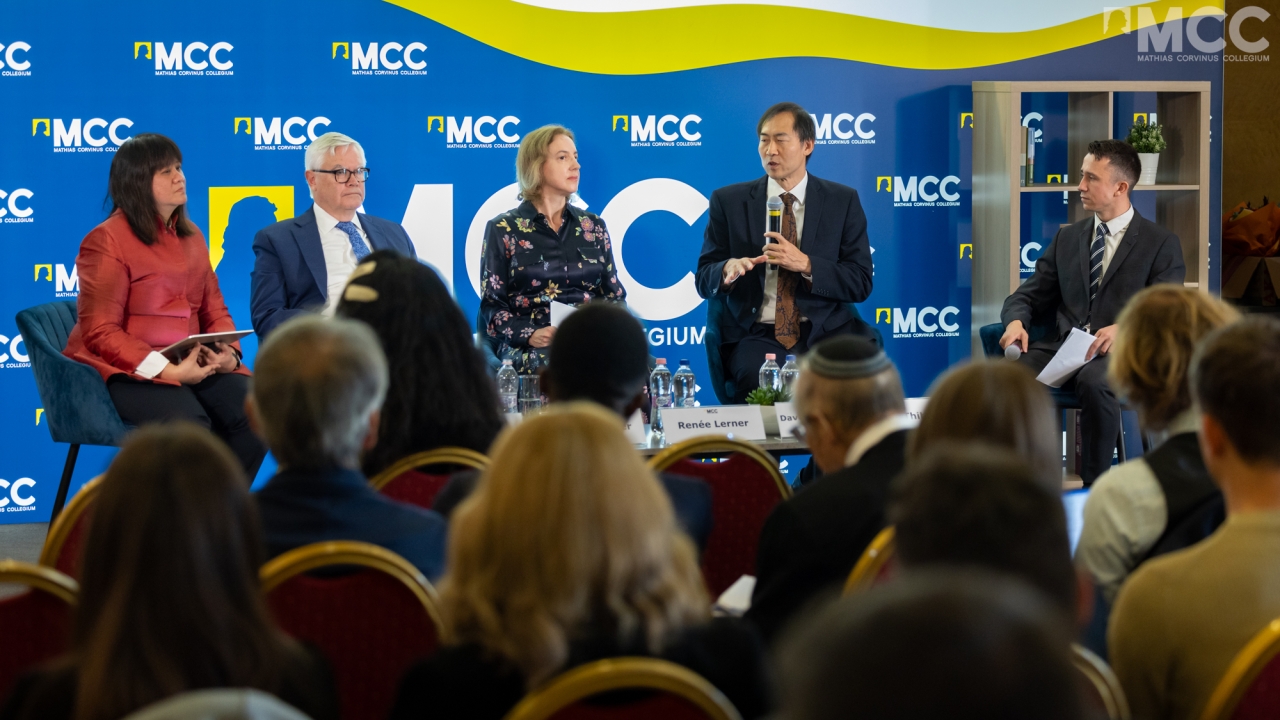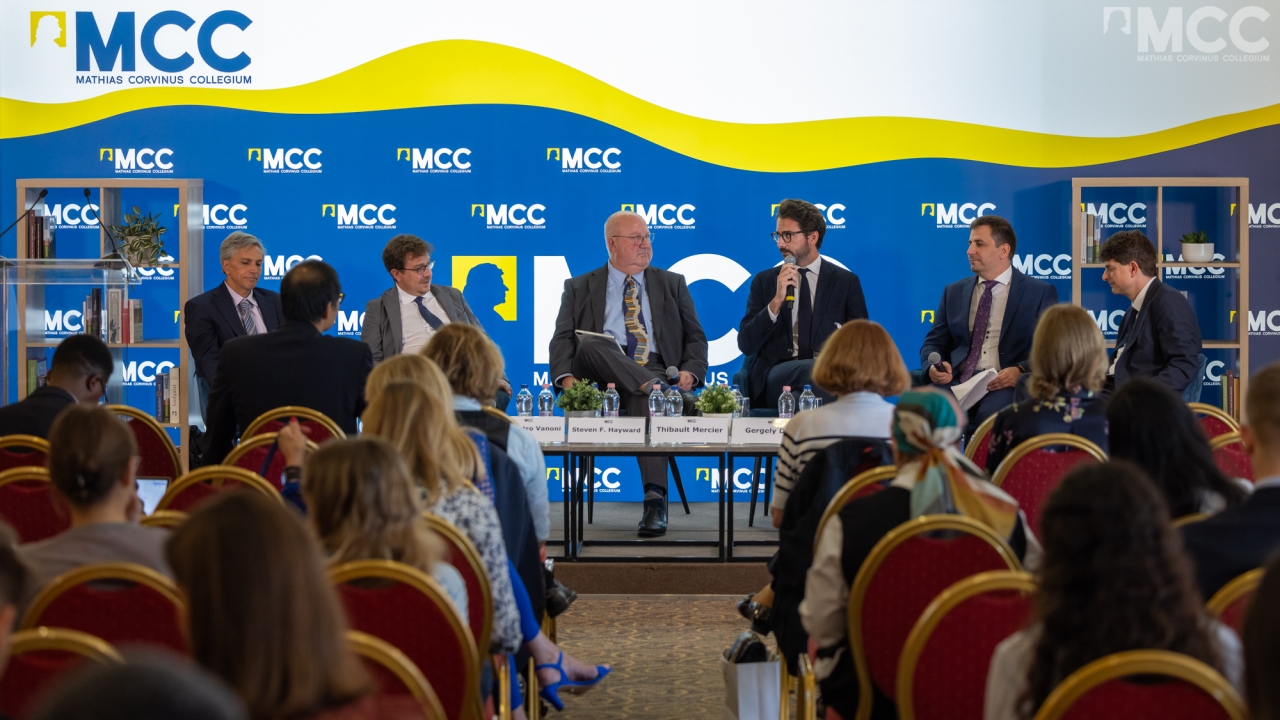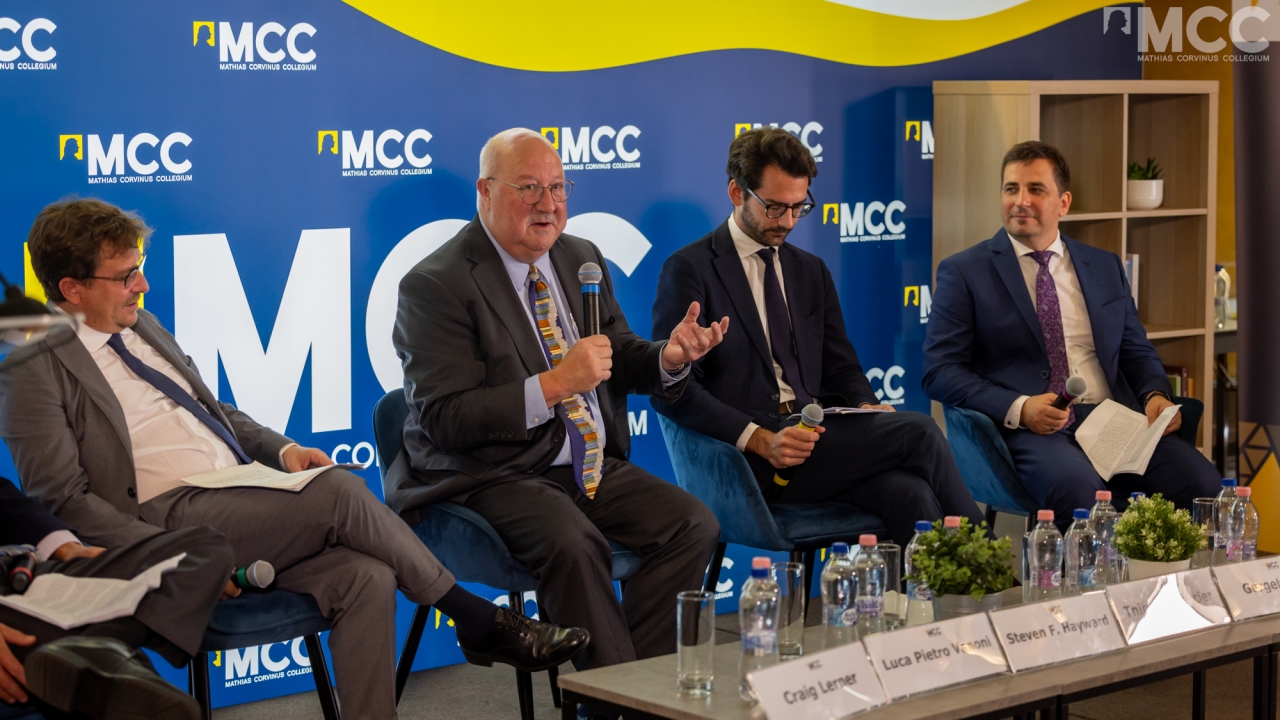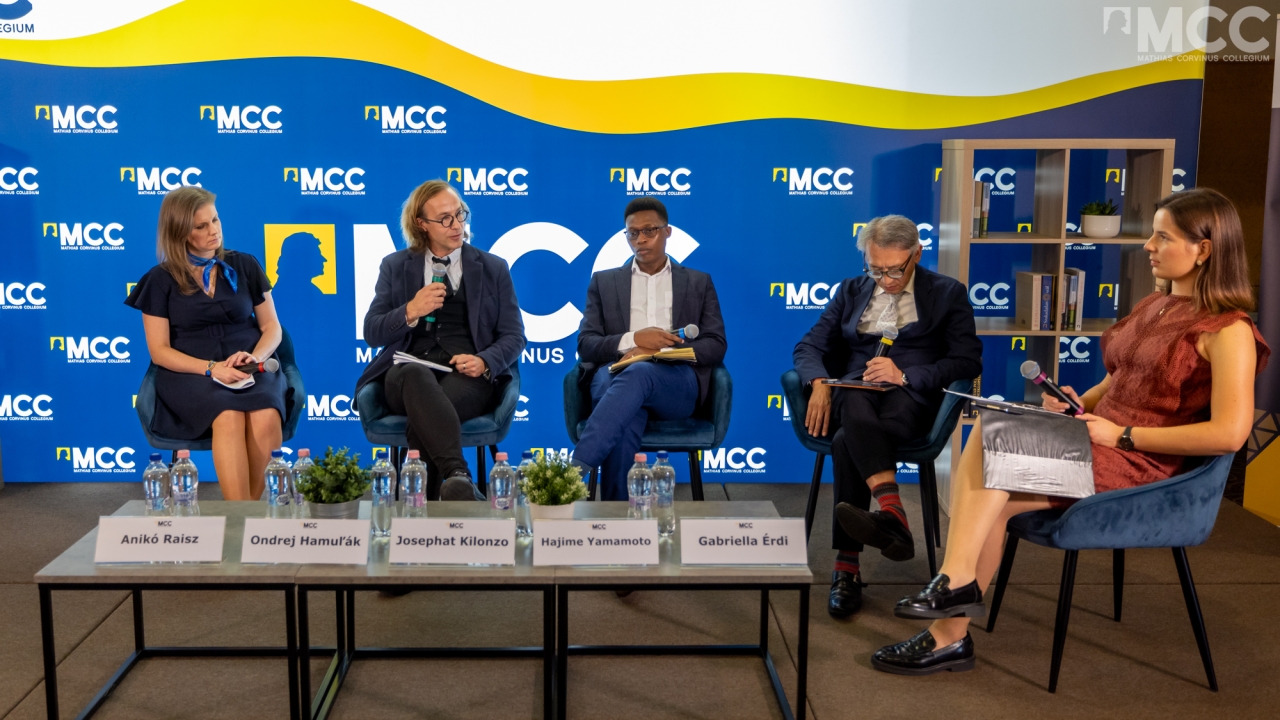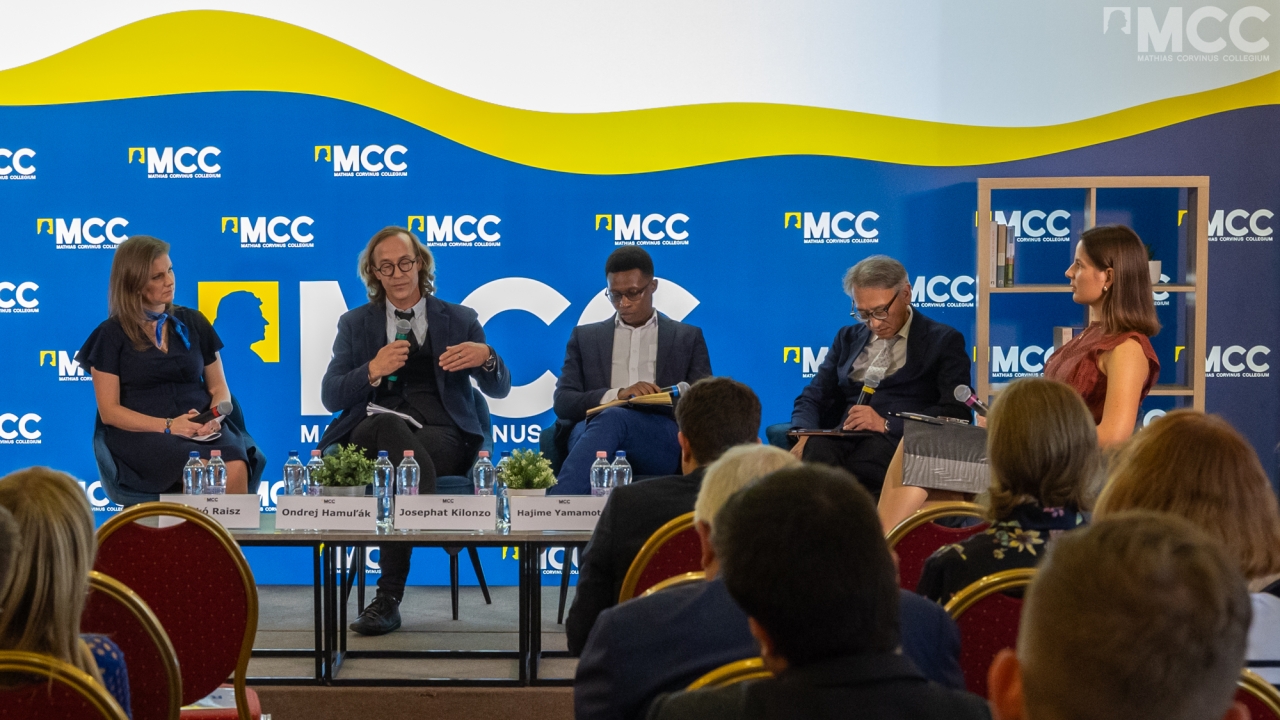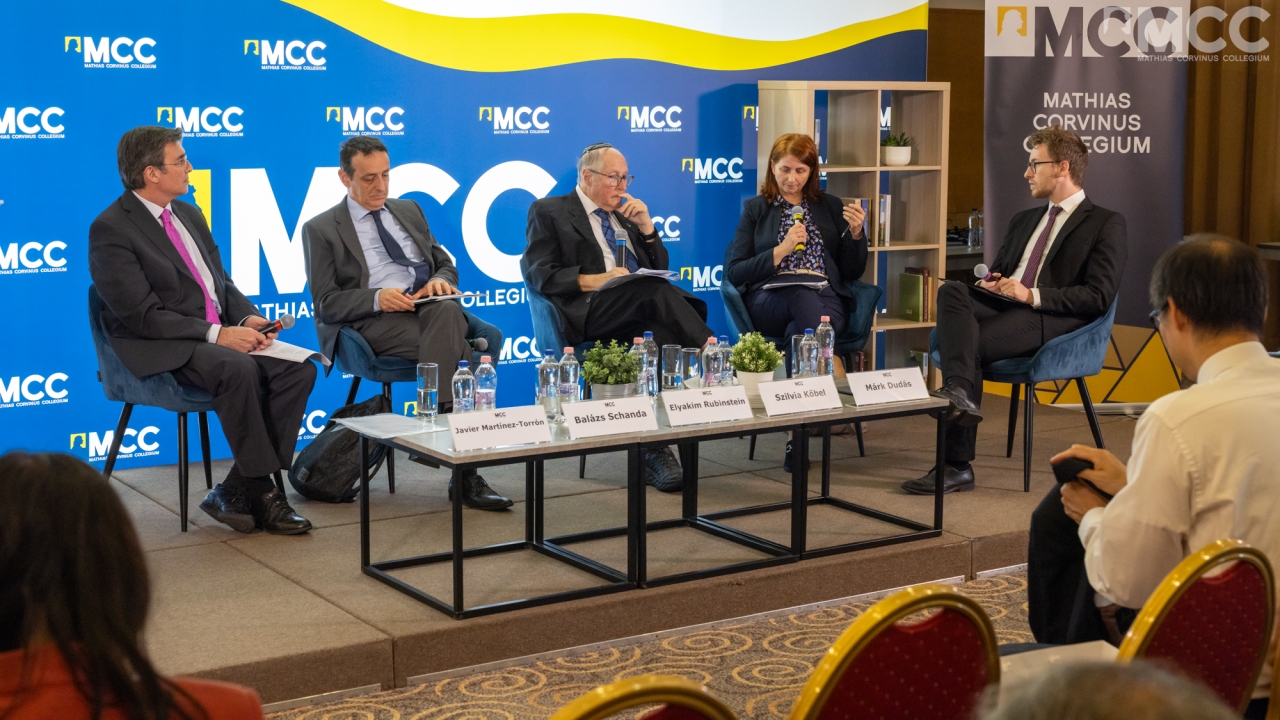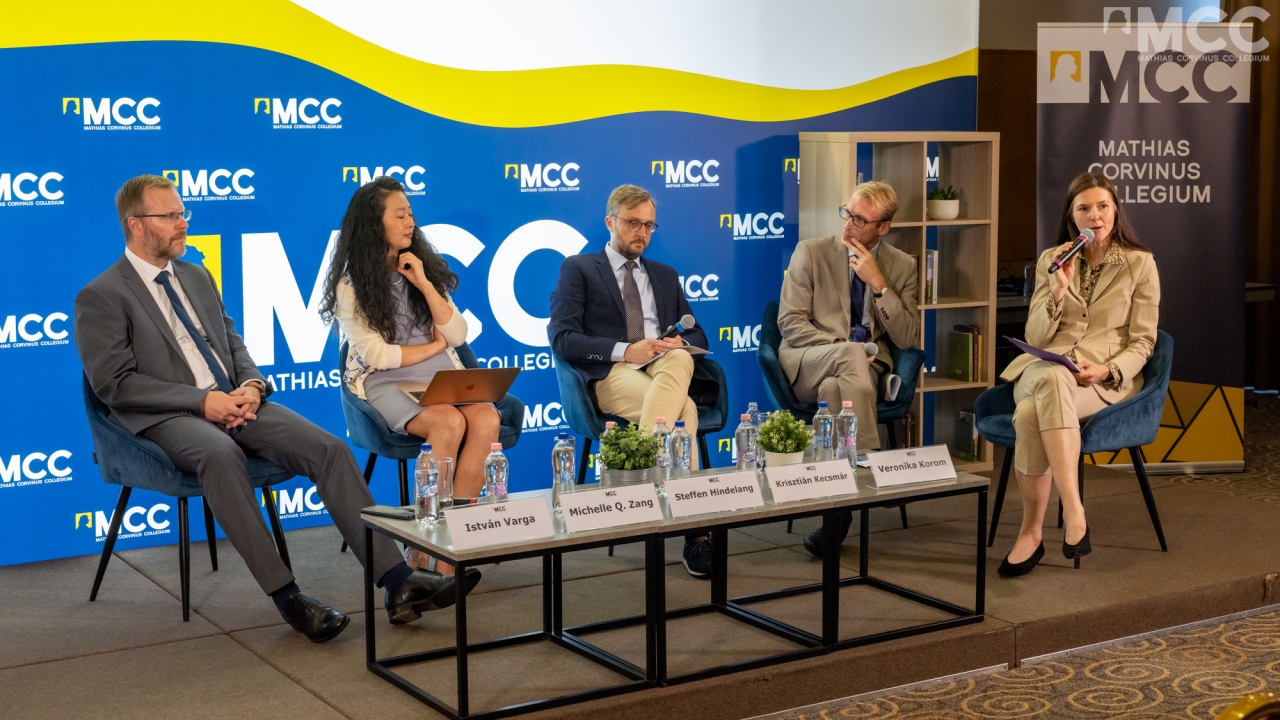Reading time: 3 minutes
„The fundamental rights and responsibilities are integral part of our cultural heritage, and the sovereignty of our nation is essential for their protection” – was pointed in the international legal conference of the Mathias Corvinus Collegium (MCC) and the Barna Horváth Law and Liberty Circle. The conference’s panel discussions, attended by high number of participants explored the proliferation of rights claims that distort the balanced idea of fundamental rights and responsibility, the essential role of sovereignty and subsidiarity in protecting rights, the dangers of the increasing secularization or the challenges of economic globalization.
Beyond commemorating the 75th anniversary of the Universal Declaration of Human Rights (UDHR), the international conference critically examined the development of the theory of human rights. The discussions of the conference were timely since the UDHR opened a new era in which language of rights has become the dominant narrative of public discourse and public policy aspirations. However, while at the time of its drafting and adoption, the document reflected a consensus among various nations and peoples with diverse historical, religious, political and cultural traditions, it has been subject to widening disagreements over its nature in recent years. Various interest groups and ideologies seek to capture the moral force and prestige of ‘rights’ for their own purposes.
The conference brought together a diverse range of professors of law, government, and international relations from some of the most prestigious universities in the world as well as some of Hungary’s most distinguished law professors. Thio Li-Ann, Professor of Law at the National University of Singapore, stressed that the “Universal Declaration has become the victim of its own success and has led to the diminishment of the currency of genuine widely accepted rights”. David Tse-Chien Pan, Professor of the University of California and member of the Commission on Unalienable Rights, pointed out that the idea of human rights is an aspiration, and that only through nation-states can rights be best realized. The complementary roles of sovereignty and rights were also stressed by Anikó Raisz, Professor at the University of Miskolc. Charles Kesler, Professor of Government at the Claremont Graduate University, and Renée Lerner, Professor at George Washington University, argued that Western democracies have been effectively redefined as judicial protection of an ever increasing number of new “lifestyle” rights. Thibaut Mercier, head of the French Law and Liberty Circle (Cercle Droit & Liberté), stressed that rights and freedom need a social field to be exercised and that social field must also be protected. Gergely Deli, Professor of Law and Rector of the University of Public Service, recalling Hungary’s experience, reminded the
audience that the guarantee of minority rights is still disproportionately weak, and that European integration has not brought the progress that Hungary expected at the time of its accession.
Lénárd Sándor, the main organizer of the international conference and head of MCC’s Center for International Law explained that the conference was not only a commemoration of the UDHR, but also a “rescue mission”. Dr. Sándor criticized the false narrative in the Western world that people can only be free if they reject their tradition, culture, unique way of life, along with national sovereignty. He also emphasized, based on the historical experience of Hungary, that people can only be free through their own culture and heritage and that the original idea of fundamental rights was to protect the human being as a member and an integral part of a community. Thus in order to support human rights, we must reinforce our tradition, culture and heritage instead of tearing them apart.
The Budapest conference was followed by presentations and panel discussions at MCC’s regional centers in Győr, Zalaegerszeg, Pécs and Miskolc.



